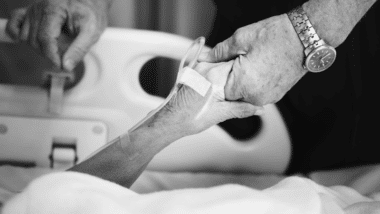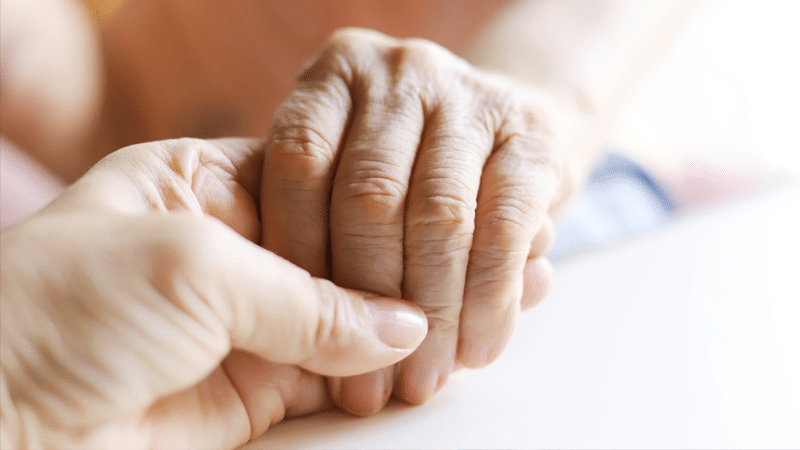The Oireachtas Joint Committee on Assisted Dying has recommended that the Irish Government allows terminally ill adults to get help to kill themselves.
Following the Committee’s analysis of countries that have legalised euthanasia or assisted suicide, as well as testimonies from medics and palliative care experts, it said that end-of-life protections should be removed in “certain restricted circumstances”.
If the Government adopts its proposals, adults in the Republic of Ireland and Irish citizens resident in Northern Ireland or elsewhere who are suffering ‘intolerably’ from a terminal condition and are deemed to have less than six months to live would be allowed to receive help to be killed. For neurodegenerative conditions, the life expectancy requirement would be extended to twelve months.
‘We are not islands’
But Committee members who voted against its recommendations, including Committee Chair Michael Healy-Rae TD and Senator Rónán Mullen, released a separate report warning against changing the law.
The Minority Recommendations and Explanatory Report stated: “The case has not been established, whereas the case against any change is overwhelming. There are no lives not worth living. We recommend that the existing ban on assisted dying be maintained without exceptions.”
Instead, the dissenting members said funding should be directed towards ensuring “high-quality palliative care” is available across the country, as well as mental health services for the elderly and those receiving a terminal diagnosis.
Writing on X, Senator Mullen said, “we are not islands”, but “a tangled web of interconnected and vulnerable lives, all of which are worth living. Legislation for assisted dying would endanger the lives and happiness of many people.”
‘Terrifying’
Responding to the Committee’s Final Report, palliative care consultant Dr Faith Cranfield warned that offering assisted suicide as a solution to “distress” would be a “burden to people who are already terminally ill”.
Dr Feargal Twomey, Chair of the Royal College of Physicians of Ireland’s expert group, said assisted suicide “threatens to undermine” palliative care, and has the “potential for immense harm and unintended consequences”.
Writing in The Irish Independent, columnist Ian O’Doherty said that he used to dismiss concerns about assisted suicide as “a paranoid and rather cynical ploy by religious activists”.
But he admitted: “I can’t deny that when I look at what is currently happening in Canada, I’m terrified at what we could be unwittingly introducing to this country.”
Medics
Earlier this year, hundreds of doctors raised concerns over the Irish Medical Council’s removal of end-of-life protections for patients in its updated guidance for medics.
According to the Irish Daily Mail, 300 doctors signed a letter to the Council after it removed the statement: “You must not take part in the deliberate killing of a patient” from its 9th edition of the Guide to Professional Conduct & Ethics for Registered Medical Practitioners.
The guidance, which came into effect at the start of the year, also removed the warning that doctors must not take part in “human reproductive cloning” or engage “in the creation of new forms of human life solely for experimental purposes”.

Starmer wants to legalise assisted suicide if he becomes Prime Minister
Scots medics oppose McArthur’s death bill
MPs give stark warning on assisted suicide but fall short of opposing change in law


